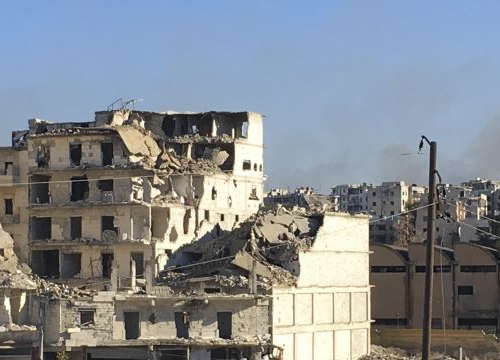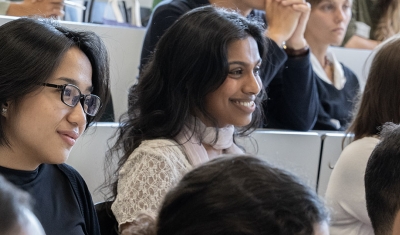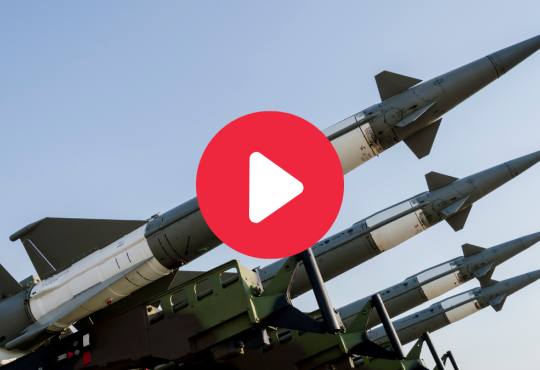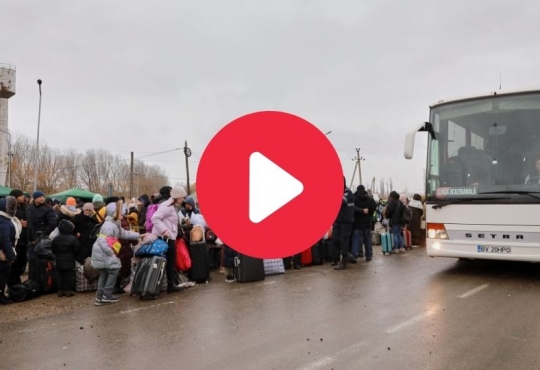Accountability in Syria: The Role of the International, Impartial and Independent Mechanism
Geneva Academy Talks


ICRC

In December 2016, five years into the armed conflict in Syria, the UN General Assembly created the International, Impartial and Independent Mechanism on international crimes committed in the Syrian Arab Republic (IIIM). Complementing the long-term work of the UN Commission of Inquiry on Syria, the objective of the IIIM is to facilitate and expedite fair and independent criminal proceedings for violations of international humanitarian law (IHL) and human rights perpetrated during the conflict.
This IHL Talk, co-organized with the International Bar Association’s Human Rights Institute (IBAHRI), will discuss the IIIM’s work related to the existing and future national, regional or international investigations and prosecutions of the most serious crimes committed in Syria. It will also focus on the IIIM’s role regarding victims, by addressing issues such as collection of evidence, witness protection, psychosocial or medical support, and how the IIIM can contribute to the overall goal of ensuring justice for all victims and preventing future violations.
Moderator
- Robert Roth, Professor of International Criminal Law at the University of Geneva and Director of the Geneva Academy
Panelists
- Michelle Jarvis, Deputy Head of the International, Impartial and Independent Mechanism on international crimes committed in the Syrian Arab Republic (IIIM)
- Bénédict de Moerloose, Head of Investigations & Criminal Law Division, TRIAL International
- Ibrahim Al Kasem, Syrian lawyer
About IHL Talks
The IHL Talks are series of events, hosted by the Geneva Academy, on international humanitarian law and current humanitarian topics. Every two months, academic experts, practitioners, policy makers and journalists discuss burning humanitarian issues and their regulation under international law.
Video
Accountability in Syria The Role of the International, Impartial and Independent Mechanism
Watch the video of our IHL Talk on accountability in Syria and the role for the International, Impartial & Independent Mechanism (IIIM) co-orgamized with with IBAHRI, with:
- Benedict de Moerloose, TRIAL International
- Michelle Jarvis, IIIM Deputy Head
- Ibrahim Al Kasem, Syrian Lawyer












